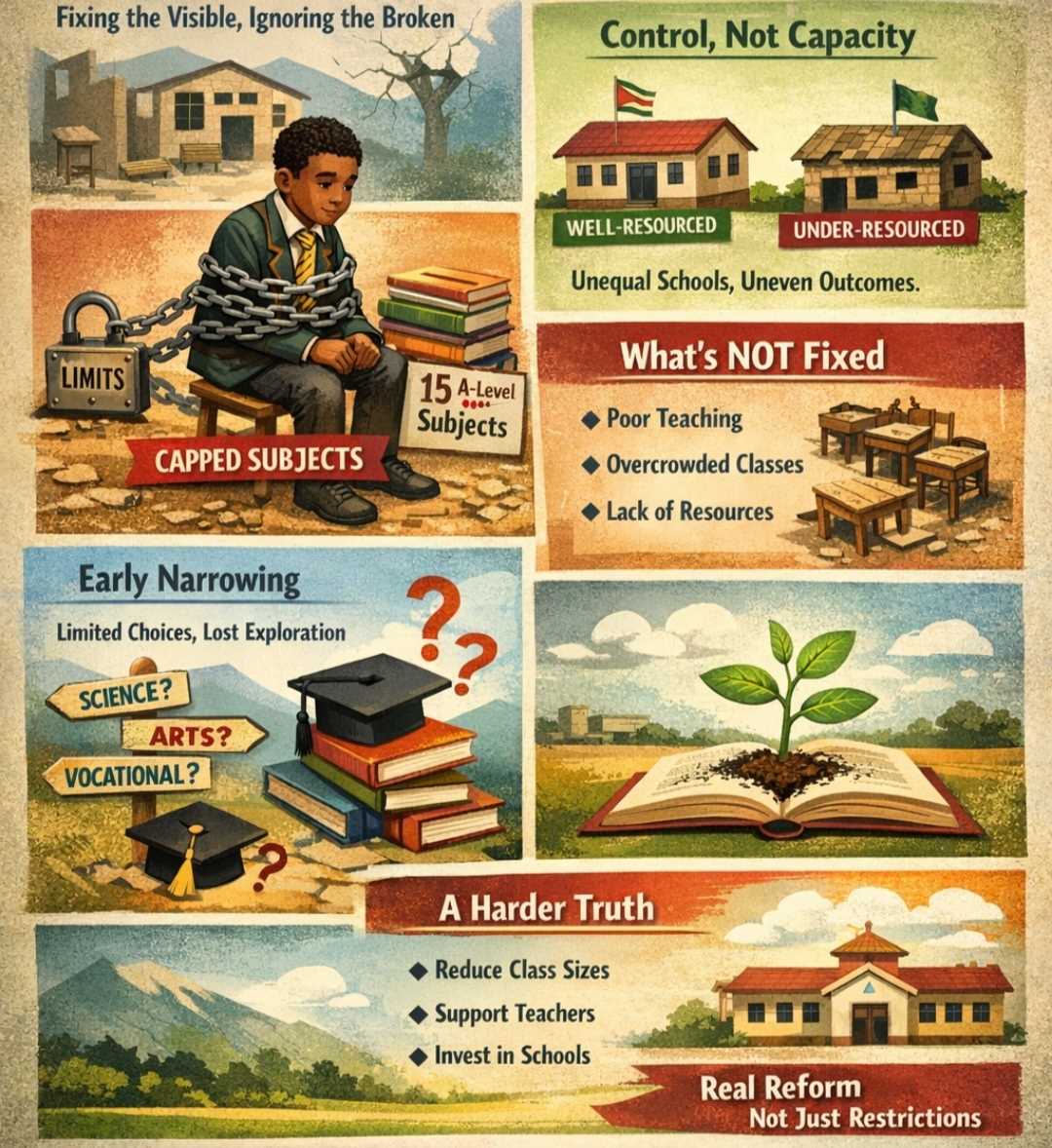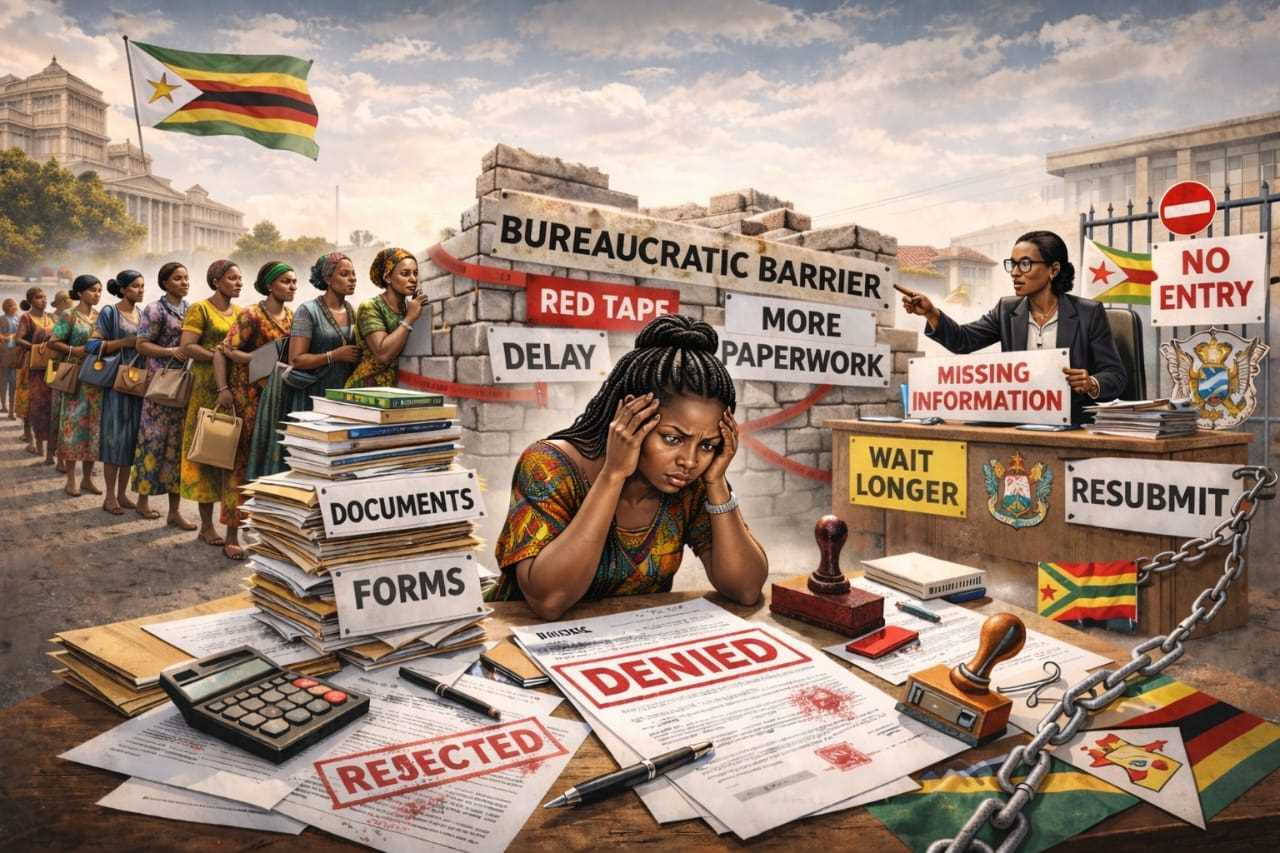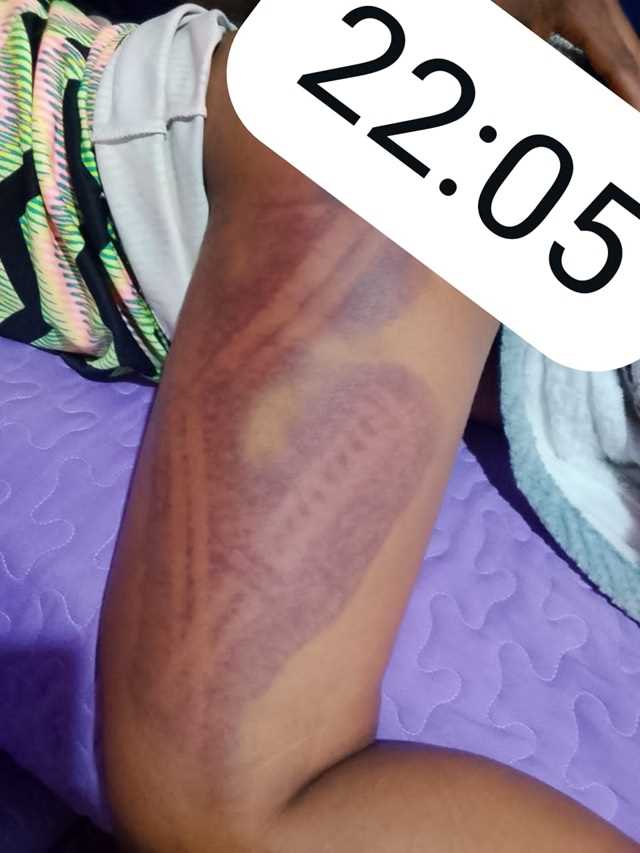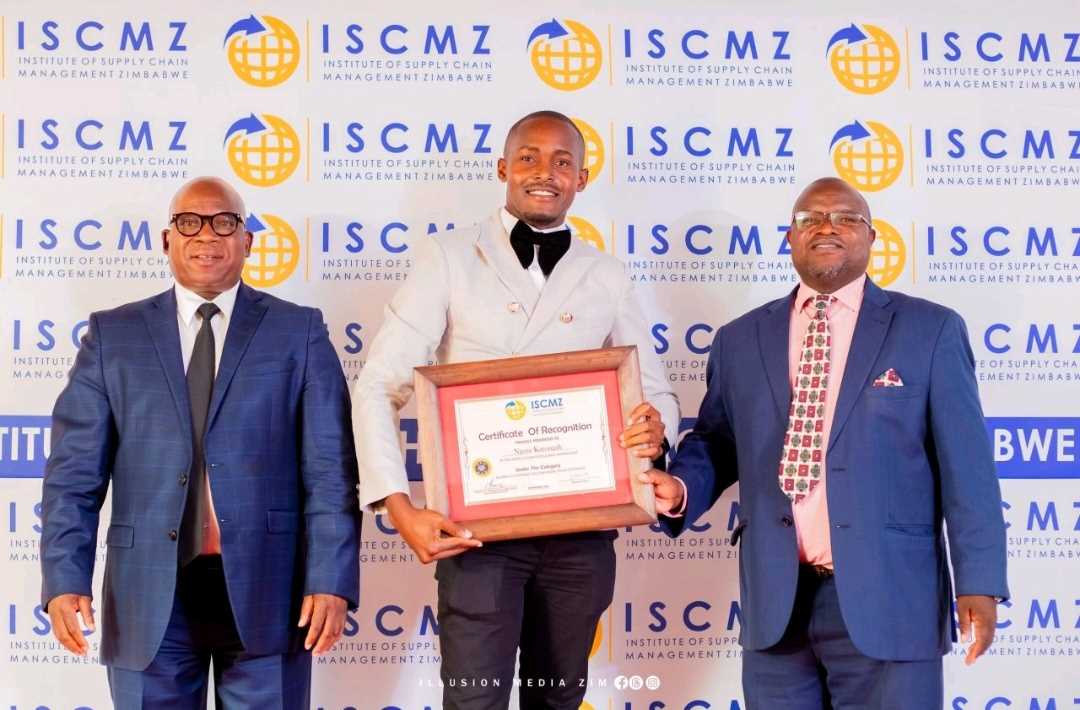
Zimbabwe has taken another decisive step toward strengthening Gender Equality and Social Inclusion through a specialised media training that equipped journalists with skills to report more inclusively on the education sector.
Organised by the Education Coalition of Zimbabwe in collaboration with key education stakeholders, the workshop brought together journalists from various media houses to deepen their understanding of inclusive reporting, with a particular focus on gender, disability, and vulnerable learners.
The dialogue centred on the challenges faced by the boy child, child-headed families, and learners with disabilities. Facilitators emphasised that the media sits at the heart of advancing these reforms. As a powerful shaper of public discourse and influencer of national policy, the media plays a critical role in ensuring that conversations around education are factual, balanced, and inclusive.
At a time when Zimbabwe is striving to ensure that no learner is left behind, participants were reminded that responsible reporting is more crucial than ever.
During the workshop, journalists discussed the barriers affecting the boy child, child-headed families, and learners with disabilities, and collectively brainstormed practical recommendations.
ECOZI Programmes Manager, Wadzanayai Chitiga, opened the session by reiterating UN Women’s definition of gender equality: “Gender equality refers to the equal rights, responsibilities and opportunities of women, men, girls and boys.”
She explained that the day’s discussions were designed to highlight both the challenges and possible solutions.
“The dialogue was meant to educate us on the issues faced by the boy child, child-headed families, and learners with disabilities, and the solutions we can offer,” she said.
Chitiga noted that the boy child is often overlooked:
“The boy child is usually ignored simply because he is a boy. I have a soft spot for boys because many of them face challenges at home and in society.”
Related Stories
She encouraged journalists to produce more feature and profile stories on learners with disabilities—not only highlighting barriers but also celebrating their abilities and achievements to inspire others.
One participant highlighted the pressures facing boys in schools and communities, including a higher risk of dropping out, exposure to drugs, and the lack of positive male role models. She called for structured mentorship programmes, school-based role model initiatives, and community youth centres to help address these issues.
Another participant spoke about the realities of child-headed families, particularly in areas such as Checheche and Chisumbanje in Chipinge. She noted that many struggle to afford basics, including school fees as low as US$20, due to poor harvests and limited employment opportunities.
“Without adult assistance, these children struggle to navigate essential systems. They often fail to access medical care, mental health support, and social services, which leads to school dropout and early child marriages,” she said.
Participants recommended that the Ministry of Education and government strengthen and fast-track support programmes such as BEAM, food aid, and cash transfers, with specific targeting for child-headed households.
They also called for flexible fee structures in rural schools to ensure that every child has access to education.
The workshop also highlighted gaps in media coverage of learners with disabilities, including underreporting on stigma, discrimination, academic exclusion, and transport barriers.
Journalists who underwent the training are expected to produce feature stories amplifying the voices of groups often overlooked—boys, children heading households, and learners with disabilities—ensuring their realities receive the visibility they deserve.




















Leave Comments